
FROM SARAH, OUR SABRA
ON THE GROUND IN ISRAEL
Dear Friend,
Greetings from the Holy Land. The ongoing news of war in the Ukraine seems overwhelming to many people throughout the world. It should prompt us Believers (“Believers” is short for “believers in Yeshua/Jesus as Messiah”) to pray for that situation, knowing that God “sees everything under the heavens” (Job 28:24) and that “He rules over the nations” (Psalm 22:28).
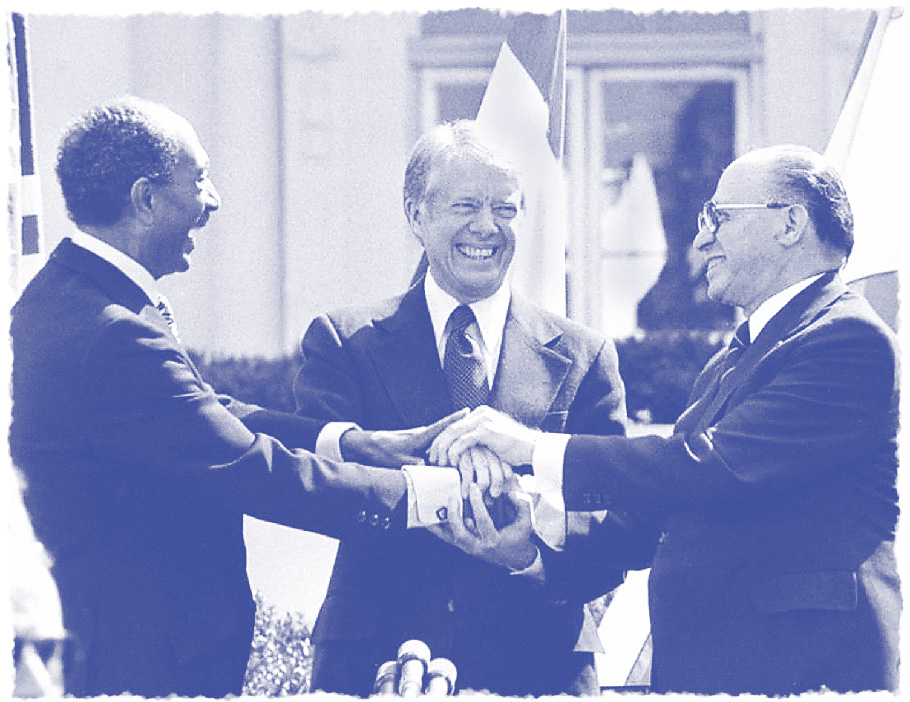
Cold Peace
In 1979, Israel and Egypt signed a peace treaty that was overseen by then-U.S. President Jimmy Carter. Since then, Israel and Egypt have never been at war. While important security cooperation has continued from that time, here in Israel, we call it the “cold peace” because no additional relationships have emerged between the two countries.
In the wake of the Arab Spring in 2011, the relationship between Israel and Egypt hit an all-time low. In August 2011, terrorists crossed the Egyptian border into Israel and killed eight Israelis near the southern city of Eilat. The Israel Defense Forces pursued the terrorists; seven terrorists were killed along with two Israeli soldiers and five Egyptian border personnel.
Tensions were already high in Cairo as demonstrations occurred in Tahrir Square throughout 2011. Then in August, demonstrators gathered outside the Israeli embassy, shouting and demanding that the Israeli flag on the building be removed. On August 20, one demonstrator managed to scale the outside of the building and remove the flag.
Afterward, at the request of the Israeli ambassador, a concrete wall was built between the street and the embassy building to hinder demonstrators from accessing the building. But on September 9, an angry mob that eventually grew to about 3,000 demonstrators began gathering outside the embassy. Egyptian police watched for 13 hours as the mob used hammers and other tools to demolish the wall protecting the embassy. At 12:30 a.m., they broke through the wall; by 1:00 a.m., they were inside the embassy building, looting and destroying everything on the first floor. Then the looters threw thousands of embassy documents out of the windows onto the street below.
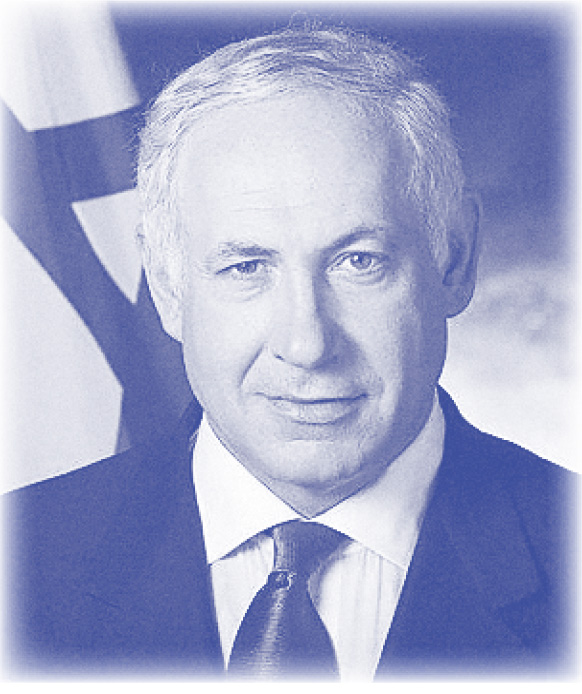
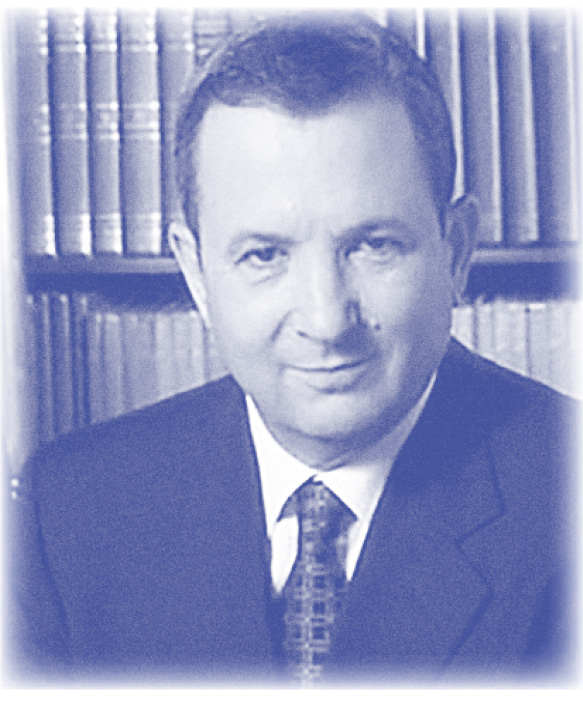
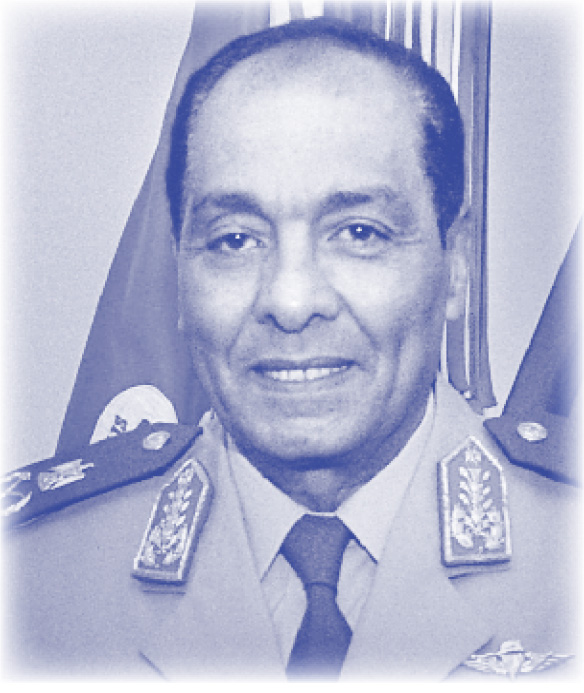
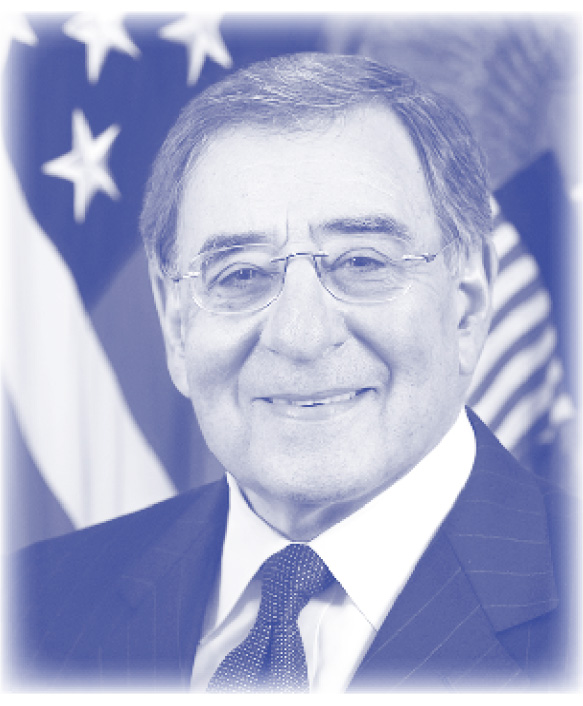
Earlier that evening, around 9:30 p.m., the Israeli government planned to evacuate all the women, children, and families from the embassy. But Tamir Pardo, then-head of Mossad (Israel’s national intelligence agency), decided to leave six security force men in the building. Led by their commanding officer Yoni (short for Jonathan), six Israeli Jewish men were now trapped inside the embassy. They had no way out and no way to overpower the massive mob ripping through the building.
Officials in Israel who watched the events from the security camera feeds called their Egyptian counterparts and were promised that Egyptian forces would rescue the Israeli men. Benjamin Netanyahu, Israel’s prime minister at that time, called and assured Yoni that he would get them out alive. But as the evening continued, there was no sign of Egyptian help.
Ehud Barak, the Israeli defense minister, tried unsuccessfully to contact the chief of the Egyptian army, Field Marshal Tantawi. Repeated attempts by multiple Israeli officials to reach Tantawi were met with the same response: “He is not answering his phone.”
At 1:00 a.m., as the Egyptian mob stormed the building, yelling and destroying things in their wake, Yoni told the evacuated Israeli ambassador, “They are in the building; do everything you can.” The men could not go down the stairwell that was full of demonstrators. Nor could they escape by going to the roof and moving to other buildings because they were surrounded and would be seen immediately.
As he watched the mob from the security cameras, Netanyahu recalled, “It was clear they would kill everyone inside … they would rip them to shreds.” As no one was able to reach Tantawi, Ehud Barak concluded that Israel must reach out to the U.S. for help. Thus Barak called Leon Panetta, then-U.S. secretary of defense.
Barak explained that the six men had retreated to the safe room and were locked behind a metal door. But he estimated that they had about an hour before the mob would break down the door. Secretary Panetta later commented, “I’ll never forget that movement, because it was on the anniversary of the 9/11 attack. Barak had a real sense of urgency in his voice.”
Barak asked Panetta to call Field Marshal Tantawi and urge him to get his security forces into the streets to disperse the angry mob. Otherwise, they faced a situation that would spiral downward, unraveling the peace treaty between Israel and Egypt, leading to war in the Middle East.
The Americans concluded that if the six Israelis fought back, they would each likely kill about 5–10 people and then face a gruesome death themselves. But if they did not fight back, they would be violently lynched by the mob after the metal door was breached.
Meanwhile in the safe room, three of the men were frantically destroying sensitive documents so they would not fall into the hands of the Egyptian mob. The other three men were standing, guns drawn, facing the door.
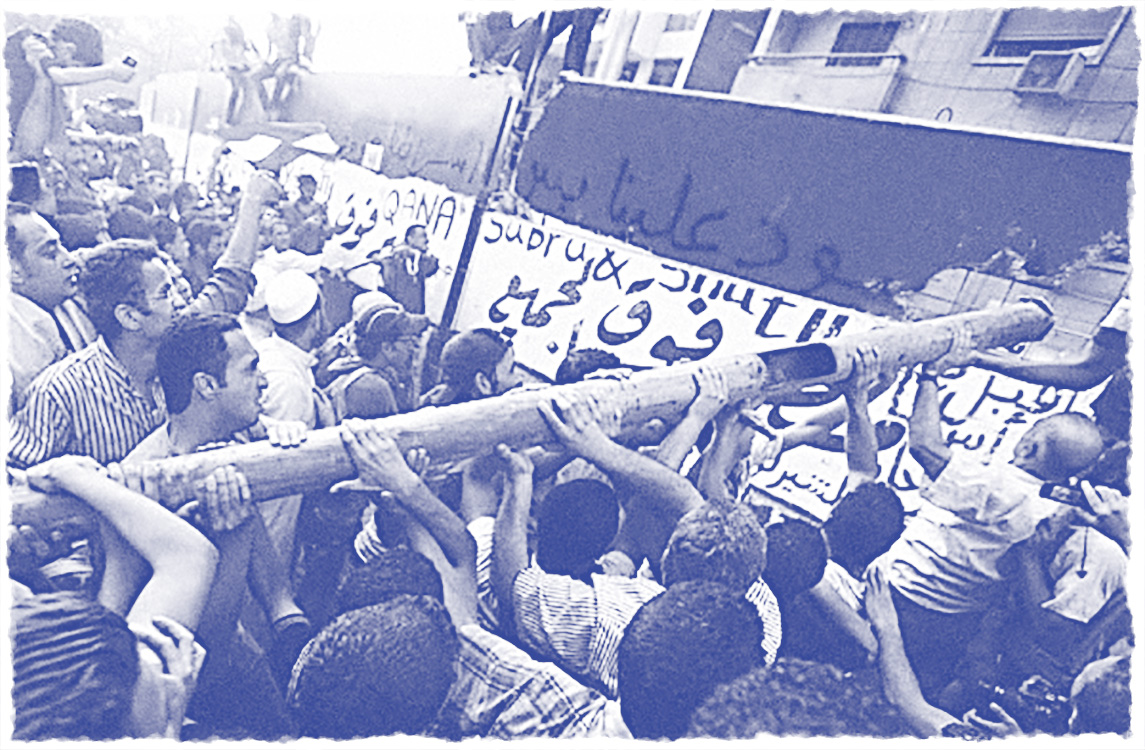
Panetta’s people continued unsuccessfully trying to reach Tantawi. Even then-U.S. President Barack Obama tried calling Tantawi but got the same response: “He is not answering calls.”
Demonstrators on the rooftops and balconies of the surrounding buildings began throwing Molotov cocktails onto the embassy building, trying to set it on fire.
Meanwhile, Israeli Ambassador Izak Levanon could hear the pounding on the metal door as he spoke to Yoni and the men inside. The ambassador told the men to shoot if the door was breached. Yoni asked Levanon to treat their families well and not upset them with many details about the situation. Realizing the door could not hold for much longer, the six men said their final words of goodbye over the phone.
Finally, American officials reached Tantawi and pulled Secretary Panetta out of a 9/11 memorial service to take the call. Tantawi assured Panetta that Egyptian commando forces would get the men out. But despite Tantawi’s assurances, there was no evidence of any activity on the ground.
Finally, 13 hours after the initial appeal for help, Egyptian commandos dressed as protestors infiltrated the building and pushed the mob away from the metal door. The Israeli men initially refused to open the door, and a delicate communication protocol had to be established. Soon the door was opened and the Israelis were dressed as Egyptians and taken to the roof. Looking down at the streets surrounding the building, Yoni asked the Egyptian forces not to try to evacuate them from the building since there were thousands of angry men outside and there was no way the soldiers could protect them.
On the phone, Yoni had told Israeli officials that if they left, they would die. The Egyptians, however, said that they needed to leave immediately as the darkness would hide the Israelis’ identities. Benjamin Netanyahu finally made the call to extract the six men.
They were taken down the stairs and shoved into armored cars. When the driver could not move forward because so many people in the street were pressing onto the vehicle, Tantawi instructed him to drive, pushing into the crowd. Shortly afterward, the Israelis were moved to civilian cars on a side street, safe and away from danger.
In that situation, Yoni and his men faced one of the most impossible situations anyone could imagine. It was similar to the Israelites standing on the edge of the Red Sea some 3,700 years earlier. They had two high walls of mountains on either side of them, a sea ahead of them, and a massive Egyptian army fast approaching behind them.
Exodus chapter 14 tells the incredible story of God fighting on behalf of His people, parting the sea and saving them:
That day the Lord saved Israel from the hands of the Egyptians, and Israel saw the Egyptians lying dead on the shore. And when the Israelites saw the mighty hand of the Lord displayed against the Egyptians, the people feared the Lord and put their trust in Him… — Exodus 14:30–31
As you face impossible situations in your life, be encouraged. The same God who rescued His people from the Egyptians at the Red Sea and at the embassy will surely rescue you in your time of need.
Im tirdefu lada-at oto —
“Press on to know HIM!” (Hosea 6:3 NLT),
Sarah Liberman
P.S. Do you have a testimony about God helping you or someone close to you in an impossible situation? Please write to me at staff@levitt.com or our P.O. Box. I love hearing from you! 
 : A Green Light for Everyone!
: A Green Light for Everyone!
This is the news we Israel study tour passengers have been awaiting! The Holy Land’s doors have opened again for vaccinated and unvaccinated tourists alike — hallelujah! We must still show proof that we don’t currently have COVID-19, but this leniency is a huge step toward normalcy for tourists.
There is no time like the present to make a refundable deposit toward your Holy Land study tour. David and Kirsten Hart will be your hosts and worship leaders, while our highly knowledgeable Israeli tour guides deliver a first-rate, insiders’ spiritual journey through Yeshua’s homeland. Don’t wait; enroll today. Please contact Sandra, our travel manager, at 214-696-9760, travel@levitt.com, or levitt.com/tours. We hope to see you there!
| Deluxe — Israel | Oct. 24–Nov. 3 | $5,688 |
| Grand Petra — Israel & Petra | Oct. 24–Nov. 6 | $6,788 |

A Note from David and Kirsten Hart
SUPERNATURAL PROVISION
God’s supernatural provision for the people of Israel is evident throughout history. This is apparent in the words of the prophet Jeremiah, who is the subject of a new television series our ministry is producing. Our teaching recalls that when Israel was rebellious, God spoke to them through Jeremiah. The Lord pleaded with the Israelites to turn from their wicked ways and turn back to Him as their Provider.
Even in times of disobedience, God offered grace to His people if they would come back to Him and obey Him.
Today’s Believers continue to live in an era of grace. God has been overly gracious to the Jewish people as well as to those of us who believe that Yeshua is the Messiah. Thank you, Sarah, for the reminder that miracles still happen. “All things work together for good to those who love God” (Romans 8:28). May no more Israeli embassy buildings endure such a frightening, destructive invasion again. As we ZLMers pray for the peace of Jerusalem, so we continue to pray for the peace of every Jewish person.
ZOLA’S VISION
We ministry staffers also want you to know that we pray for you. This Personal Letter goes out to the supporters and special friends of this outreach. You are the reason that we are still on the air and can continue this ministry that Zola began 43 years ago. As you financially support our Bible teaching efforts, please know that your offerings further the Gospel through various media outlets just as Zola did for 27 years. Receiving your faithful financial support enables us to share Yeshua’s message of love, forgiveness, salvation, and hope with the world. We are especially thankful for you.
Sha’alu shalom Yerushalayim! —
“Pray for the peace of Jerusalem!” (Psalm 122:6),
David & Kirsten
P.S. April is tax month, and tax deductions are sometimes possible as we complete our tax returns. Please remember that donations to Zola Levitt Ministries are tax deductible. If you would like to make a substantial contribution to ZLM and receive tax benefits for years to come, call our office at 1-800-WONDERS or email us at staff@levitt.com. 
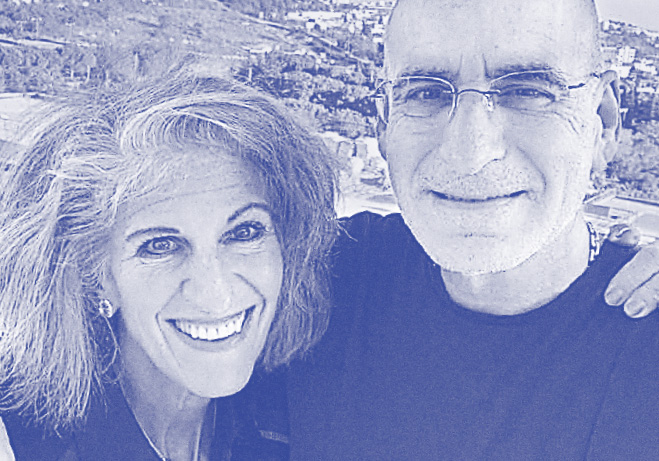
Our Jewish Roots TV programs in April
This month, we had planned to premier the new series about the life and message of the prophet Jeremiah. The crew was ready, the studio was booked, and everything was a “go” until we learned that Dr. Jeffery Seif’s beloved mother-in-law, Manon Mallin, was nearing Heaven’s gates. Jeff and his wife Barri went to be with her mother during her last days.
Though our outreach is perceived as mostly a television program, at our core we are a very close-knit family ministry. It was very important for Jeff to be with Barri. Thus, we thank you for your patience as we delay our new series. Currently we are continuing the well-loved series, Kings and Kingdoms, which began in March.

- Kings and Kingdoms
- Teaching from the Books of 1 and 2 Kings, Dr. Jeffrey Seif examines the rulers of ancient Israel and Judah who reveal lessons in Godly leadership. David and Kirsten Hart discuss their applications for today. Throughout this eight-part series, we hear Israeli perspectives on the kings, and Sarah Liberman teaches Hebrew words for worship.
- Kingdom Divided
- Solomon, the wisest man, made foolish mistakes by submitting to outside influences and allowing his heart to drift away from the Lord. His son Rehoboam drifted much further, and his oppressive policies caused Jeroboam to lead 10 of the 12 tribes in rebellion, creating the northern Kingdom of Israel. The two tribes that remained — Judah and Benjamin — formed the southern Kingdom of Judah.
- Israel’s Omri and Ahab
- Illustrating how bad people can come to power in misguided ways, Omri seized the throne of Israel by mutiny. Deterioration continued when his heir Ahab not only turned away from God but also actively opposed Him.
- Israel’s Jereboam II and Hoshea
- Even though King Jeroboam II was evil, he was praised for securing Israel’s borders. Leaders should be trustworthy, not bloodthirsty. Israel’s King Hoshea reaped what he sowed and, unfortunately, so did Israel at the hands of the Assyrians.
- Judah’s Joash and Uzziah
- Young leaders need wisdom and guidance from advisers who are tethered to God’s Word. As time passed, King Joash’s zeal for the Lord faded as he became prideful. King Uzziah was a young man when he ascended the throne, but he became so obsessed with power that the Lord struck him with leprosy.

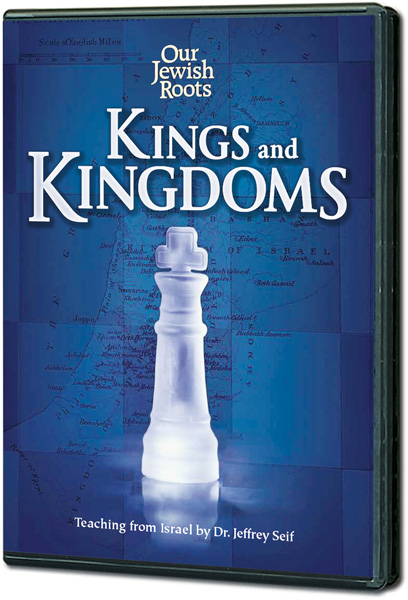
 Zola Levitt Ministries is ECFA approved and has Charity Navigator’s top rating of 4 stars, plus Ministry Watch’s Give With Confidence Score of 100.
Zola Levitt Ministries is ECFA approved and has Charity Navigator’s top rating of 4 stars, plus Ministry Watch’s Give With Confidence Score of 100.


